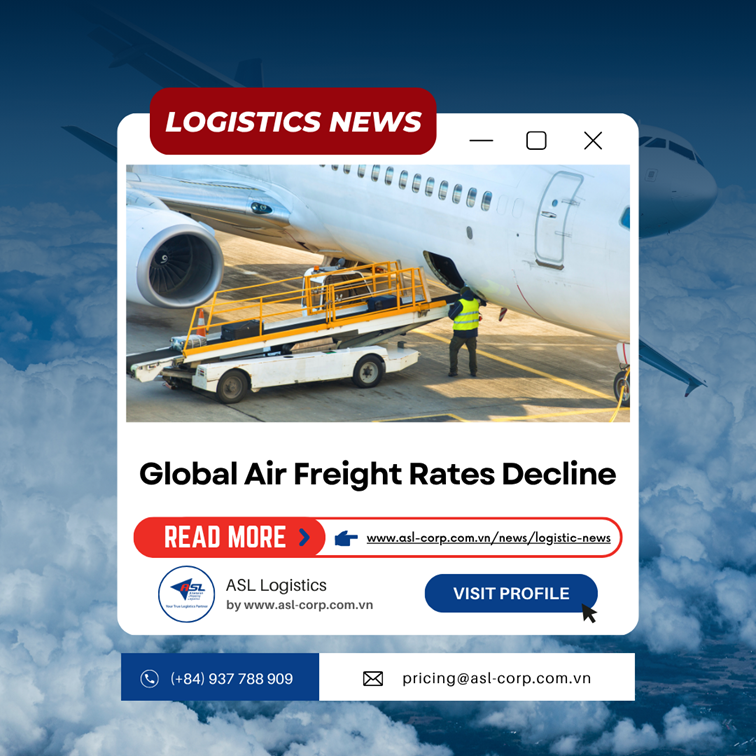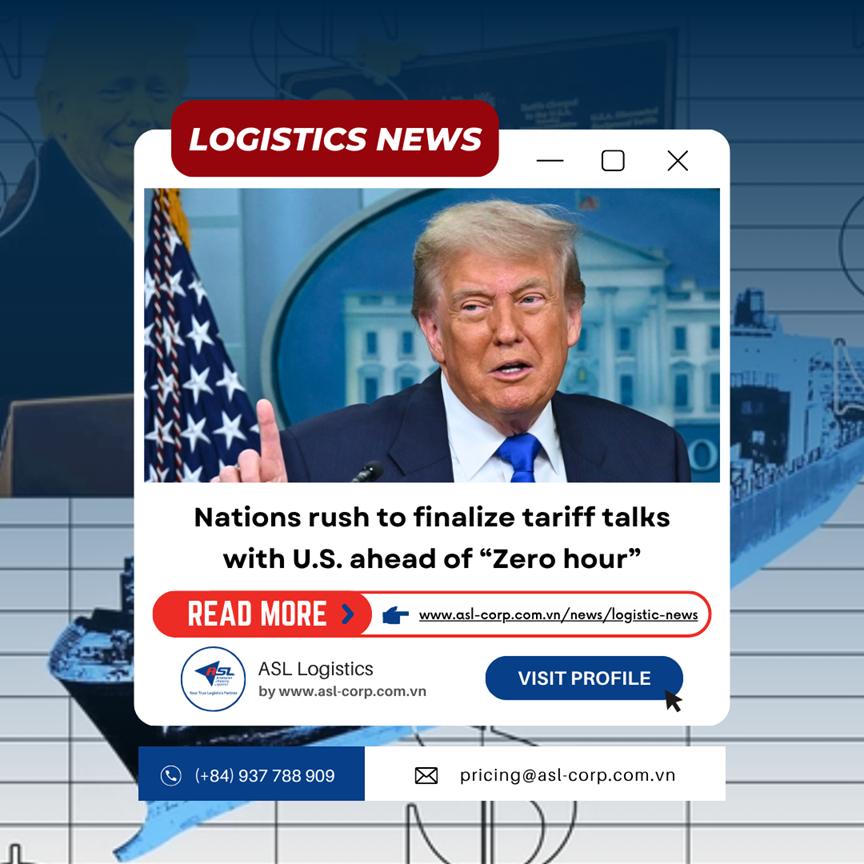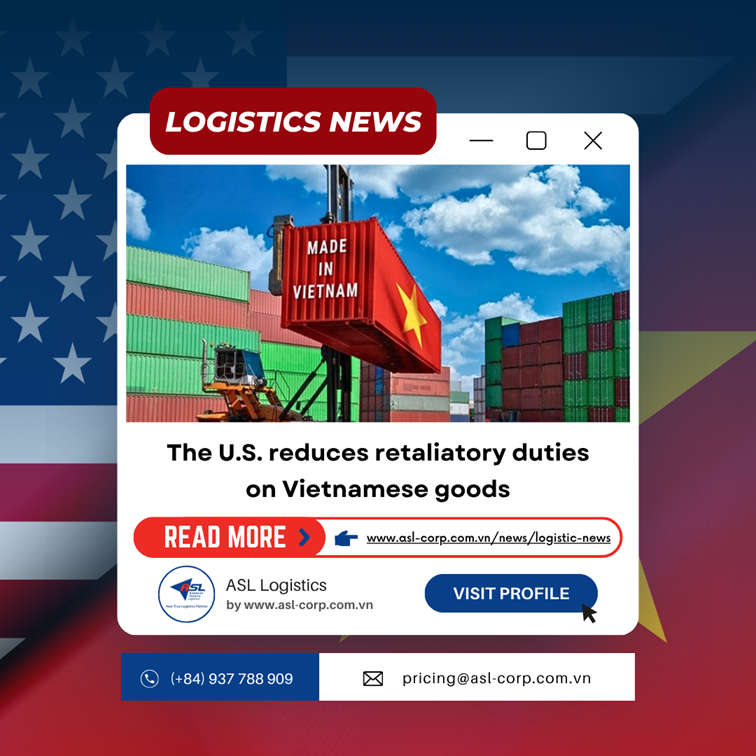Logistic News
VIETNAMESE BUSINESSES REMAIN A BRIGHT SPOT AMID U.S. TARIFF CHALLENGES
27 June 2025
The year 2025 presents numerous challenges but also great potential for Vietnam's manufacturing and service sectors. Despite ongoing global uncertainties, the resilience and adaptability of Vietnamese businesses remain a bright spot...
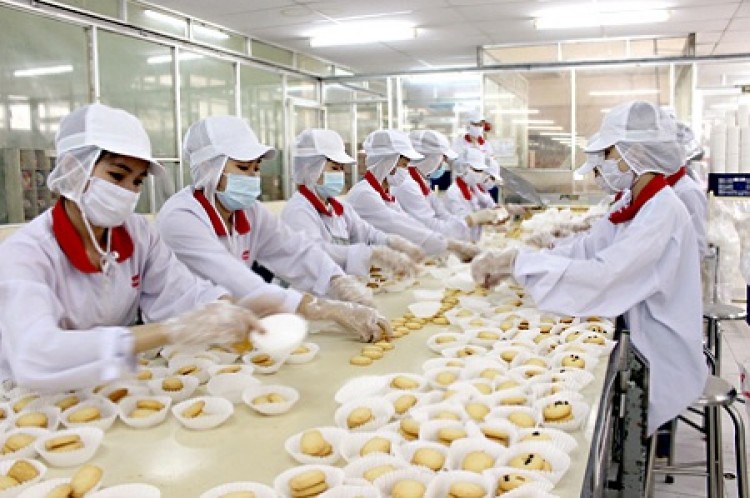
Food industry was among the most affected by U.S. tariff policies
PwC Vietnam has just released the publication “New U.S. Tariff Policies: Impacts and Strategic Responses for Manufacturers in Vietnam”, based on an in-depth survey conducted in June 2025.
Among the surveyed businesses, 33% are directly exporting to the U.S., while 67% are not.
86% OF ENTERPRISES CONCERNED ABOUT U.S. TARIFF POLICIES
The report indicates that in 2025, manufacturing and service enterprises in Vietnam are operating in a highly volatile and challenging environment. Both sectors are concerned about macroeconomic instability, rising costs, and increasing regulatory compliance pressures.
In particular, the manufacturing sector is being hit harder by waves of trade protectionism and unpredictable developments in export markets. Meanwhile, service providers are grappling with their own challenges, such as rapid changes in consumer behavior and the growing complexity of workforce management.
Regarding U.S. tariff policies, 86% of respondents expressed significant concern about the potential negative impacts on their business operations.
The survey reveals that manufacturers exporting to the U.S. are the most affected by these tariff policies. Increased input costs and reduced competitiveness in the U.S. market are major concerns. Retaliatory tariffs could drive up prices, weakening the competitive edge of Vietnamese products compared to rivals.
Higher costs may also prompt U.S. partners to cut back on orders or shift to alternative suppliers. Companies could face increased legal, auditing, and documentation costs as a result.
“23% of businesses predict rising costs to be the primary impact of U.S. tariffs, followed by market shifts and declining demand from the U.S. (both at 15%),” the report highlights.
Furthermore, knock-on effects from U.S. or China-related disruptions to supply chains could delay production and destabilize operations.
For manufacturers that do not export to the U.S., the impact of American tariff policies is moderate. However, disruptions in the supply chain may lead suppliers of FDI companies or U.S. exporters to face order reductions or stricter requirements.
Export barriers could also redirect goods to the domestic market, increasing competition. Trade tensions may lead to currency volatility and higher import material prices, which in turn increase production costs.
“RESTRUCTURING” TOWARD SUSTAINABILITY
Amid growing tariff pressures from the U.S., the survey shows that Vietnamese businesses are undergoing a comprehensive transformation—from supply chains and production to market strategies and service offerings—to adapt and maintain competitiveness.
Starting with the supply chain, businesses are becoming increasingly aware of the risks of over-reliance on a single supplier—namely China. Diversifying suppliers, especially toward more stable regions, has become a necessity. At the same time, many companies see opportunities to renegotiate contracts to better control costs and improve cash flow.
On the market side, as traditional export destinations become less predictable, Vietnamese businesses are expanding into the EU, ASEAN, and Japan—leveraging Vietnam’s strong network of free trade agreements. Concurrently, they are refining pricing strategies and enhancing digital brand presence in existing markets to unlock untapped potential.
Both domestic and multinational companies are focusing on cost optimization solutions in production, with 63% of local firms and 37% of foreign firms pursuing this strategy. The shared goal is to enhance efficiency and reduce waste through initiatives such as lean manufacturing, process automation, and investments in advanced production technologies.
The report concludes that U.S. tariffs on Vietnamese exports are increasing direct costs and reducing competitiveness. To adapt, a synchronized strategy is needed—not just cost-cutting, but a full-scale restructuring toward sustainability and agility.
This means moving from traditional operations to leaner, more flexible, digitalized models with reduced dependence on any single market—seen as the most effective way to weather this period of uncertainty with resilience.
Mr. Mohammad Mudasser, Director of Deals Advisory – Transformation at PwC Vietnam, emphasized:
"The year 2025 presents both significant challenges and promising opportunities for Vietnam’s manufacturing and service sectors. With the right strategy and by leveraging internal strengths, we can turn difficulties into opportunities—driving sustainable growth and innovation."
Source: VnEconomy

Head Office
ASL Hồ Chí Minh
Số 31/34A Ung Văn Khiêm, Phường Thạnh Mỹ Tây, TP. Hồ Chí Minh, Việt Nam
 Công Ty Cổ Phần Giao Nhận Vận Tải Mỹ Á
Công Ty Cổ Phần Giao Nhận Vận Tải Mỹ Á
 (+84)28 3512 9759
(+84)28 3512 9759
 (+84)28 3512 9758
(+84)28 3512 9758
 pricing@asl-corp.com.vn
pricing@asl-corp.com.vn
 mdirector@asl-corp.com.vn
mdirector@asl-corp.com.vn
 www.asl-corp.com.vn
www.asl-corp.com.vn
LOGISTICS SERVICES









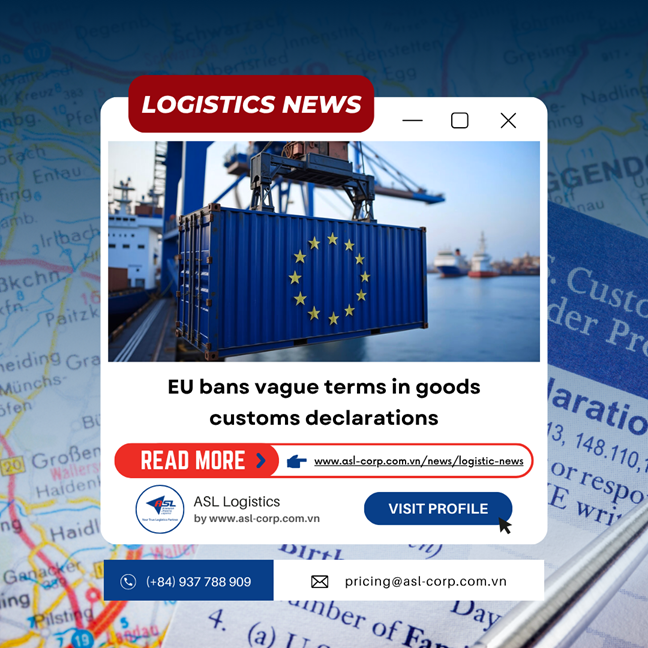
.png)
.png)

.png)

